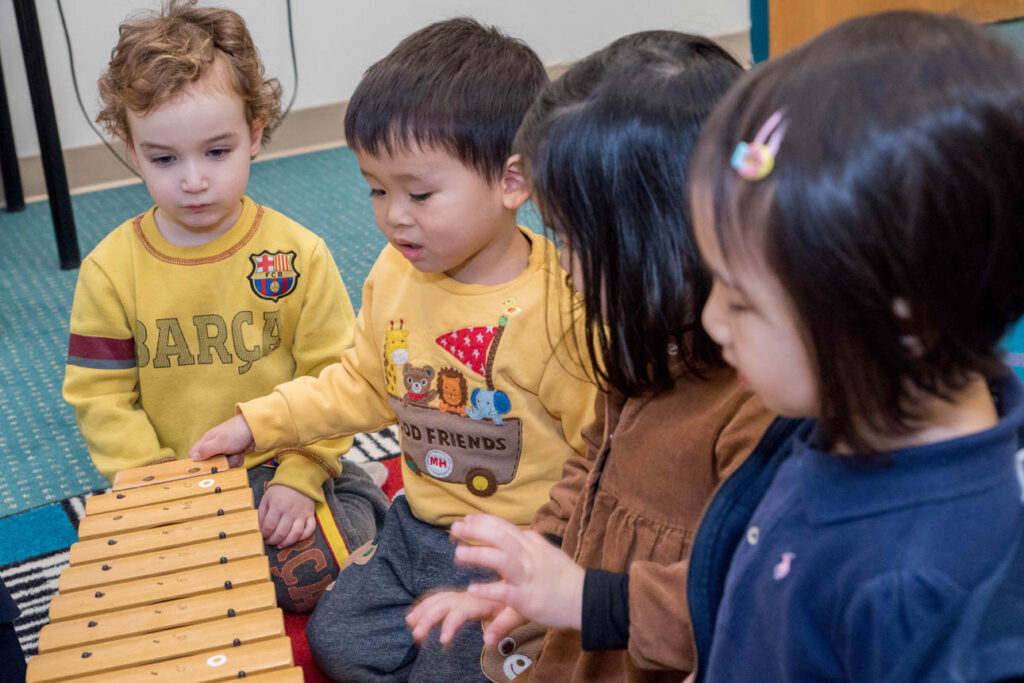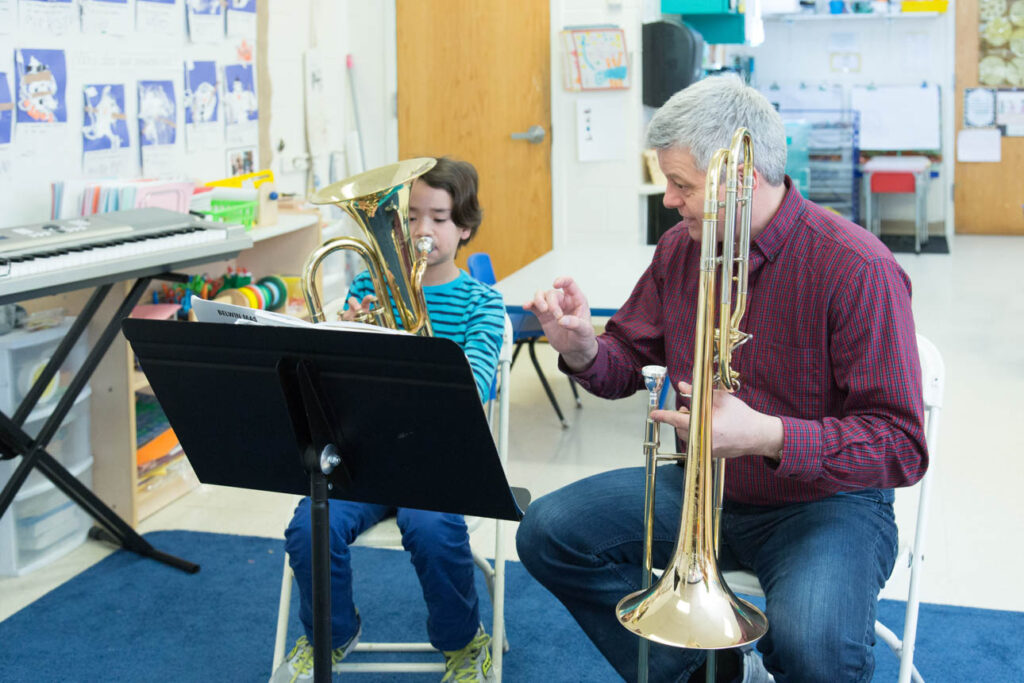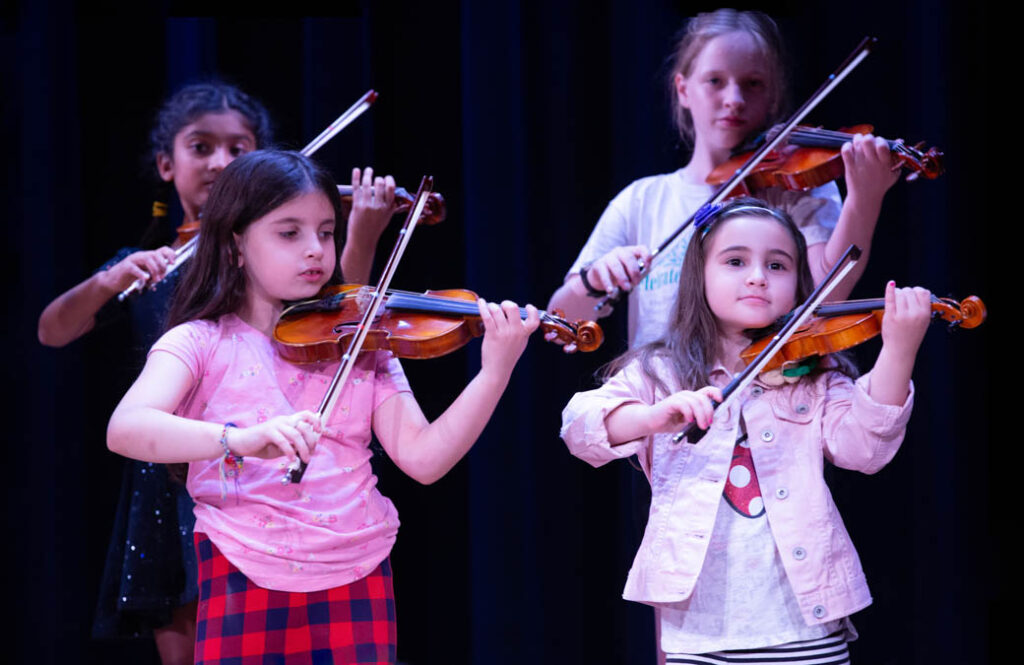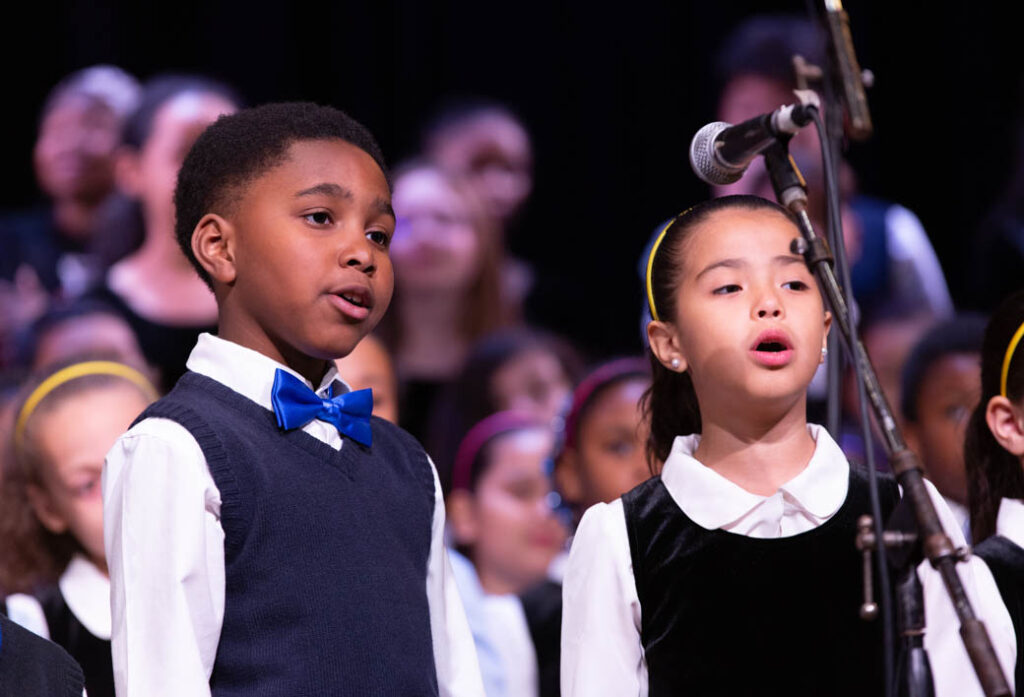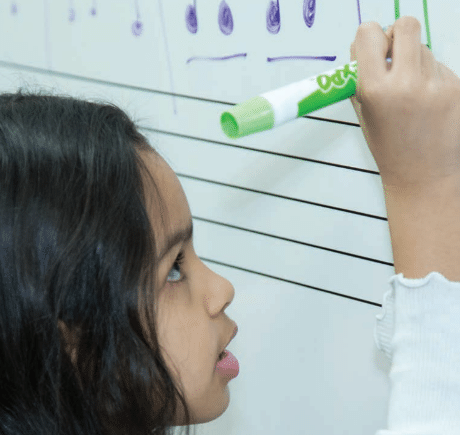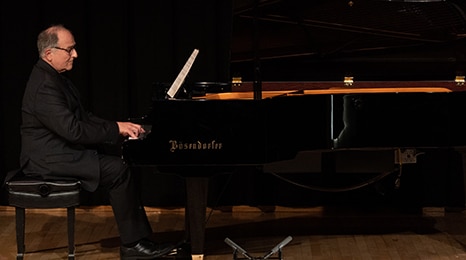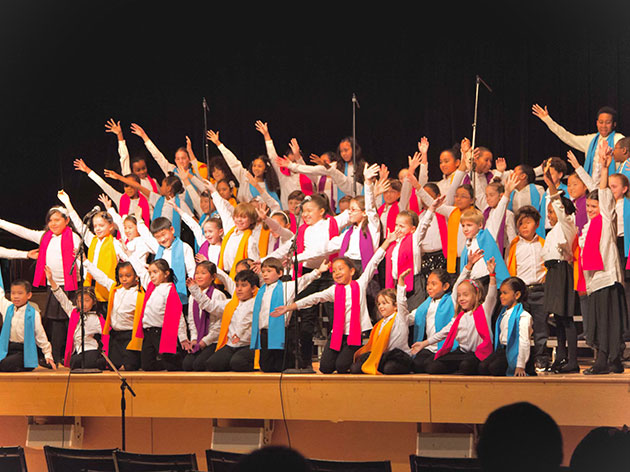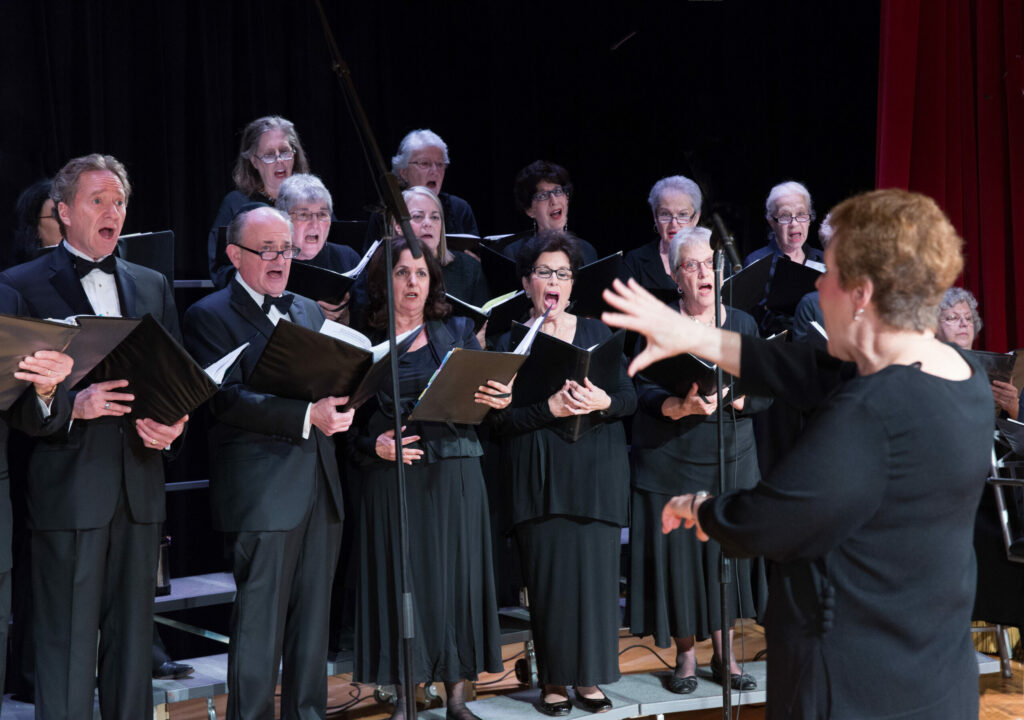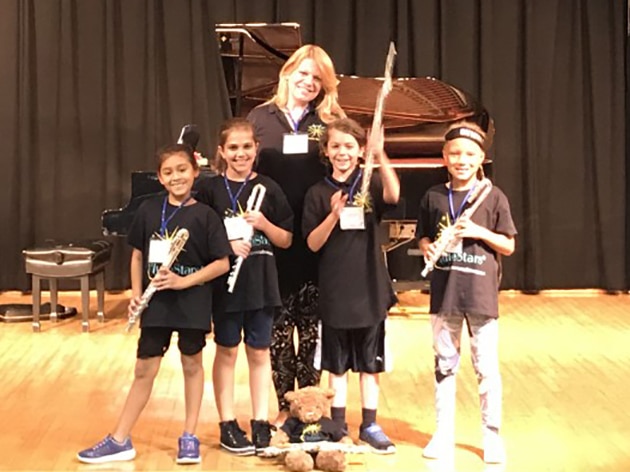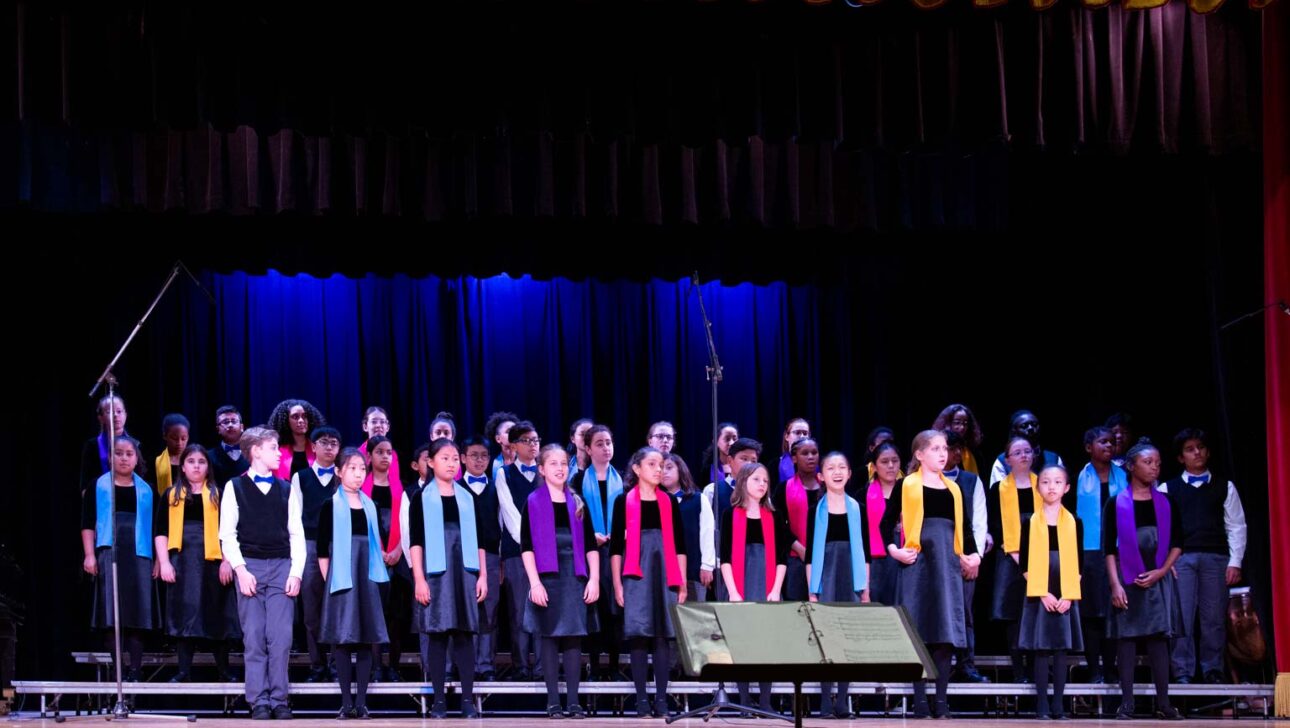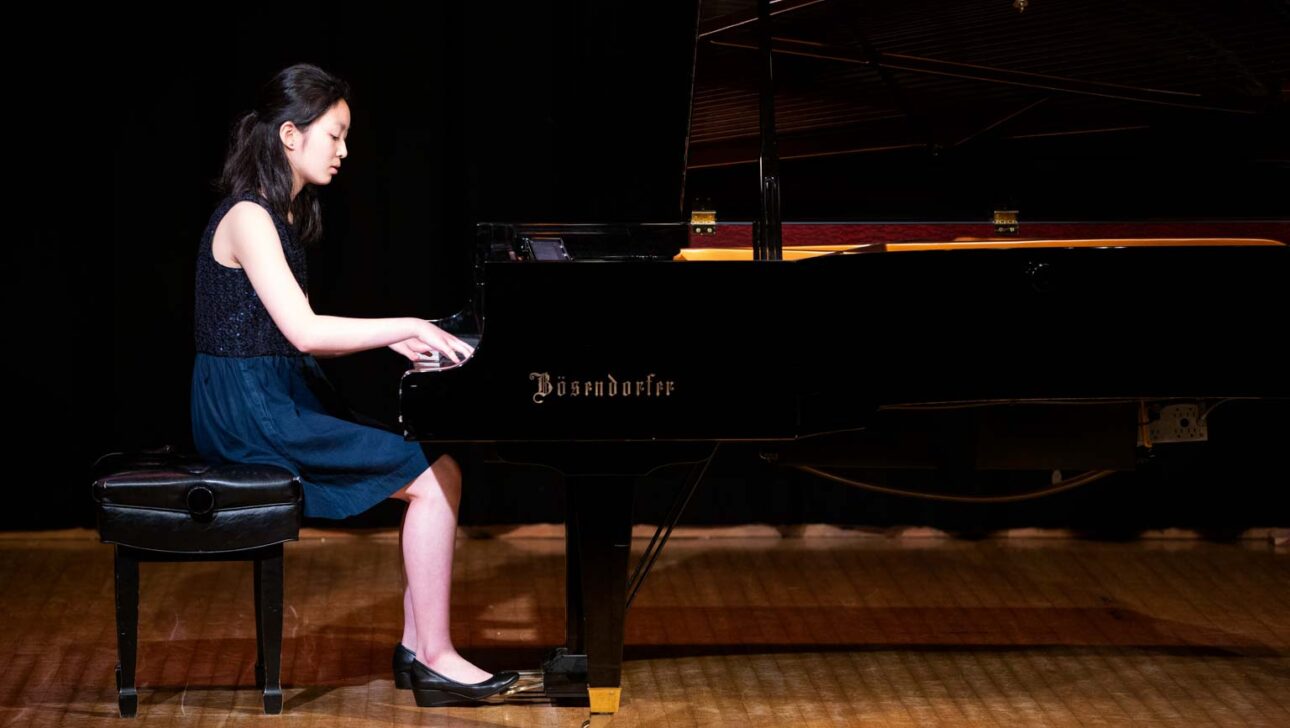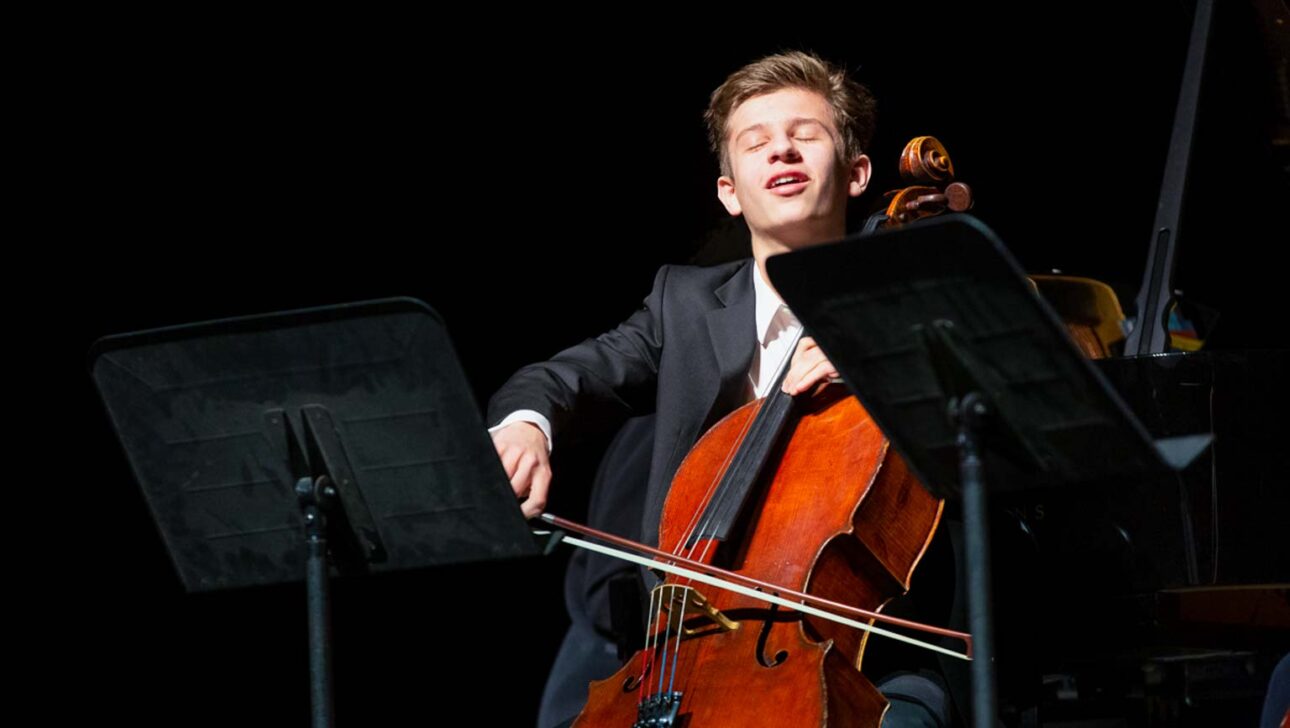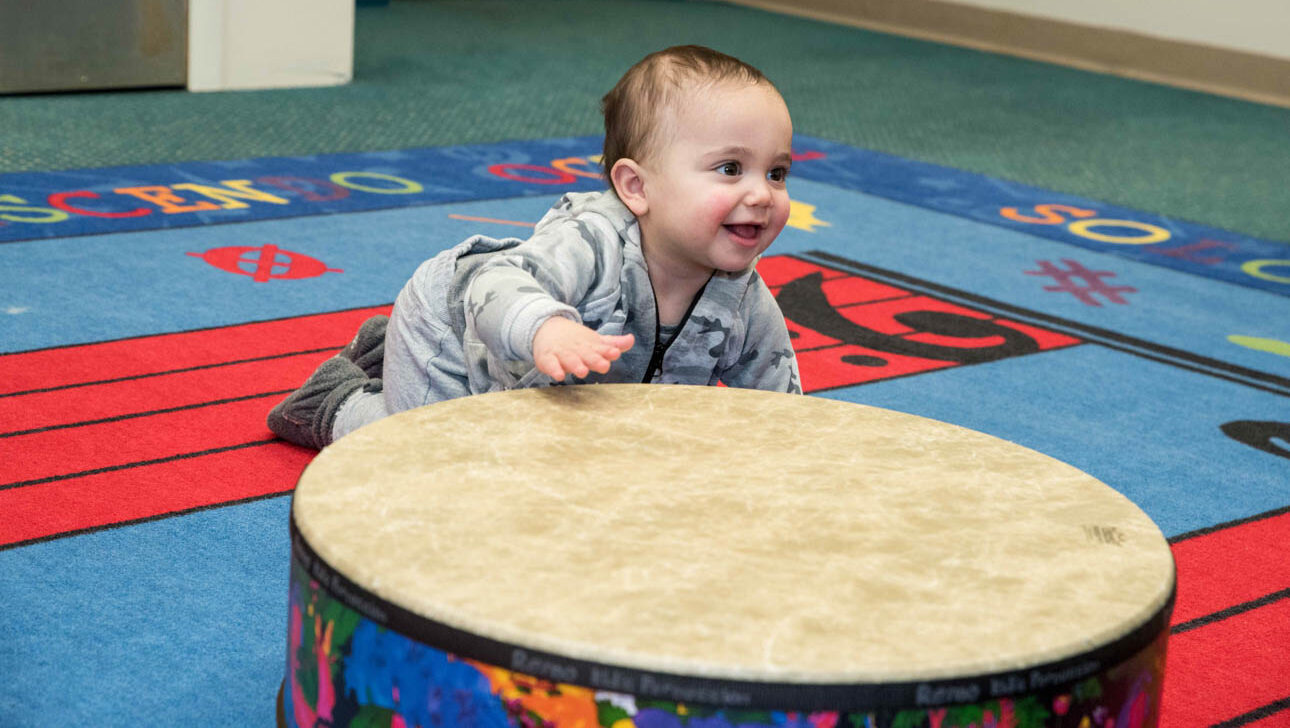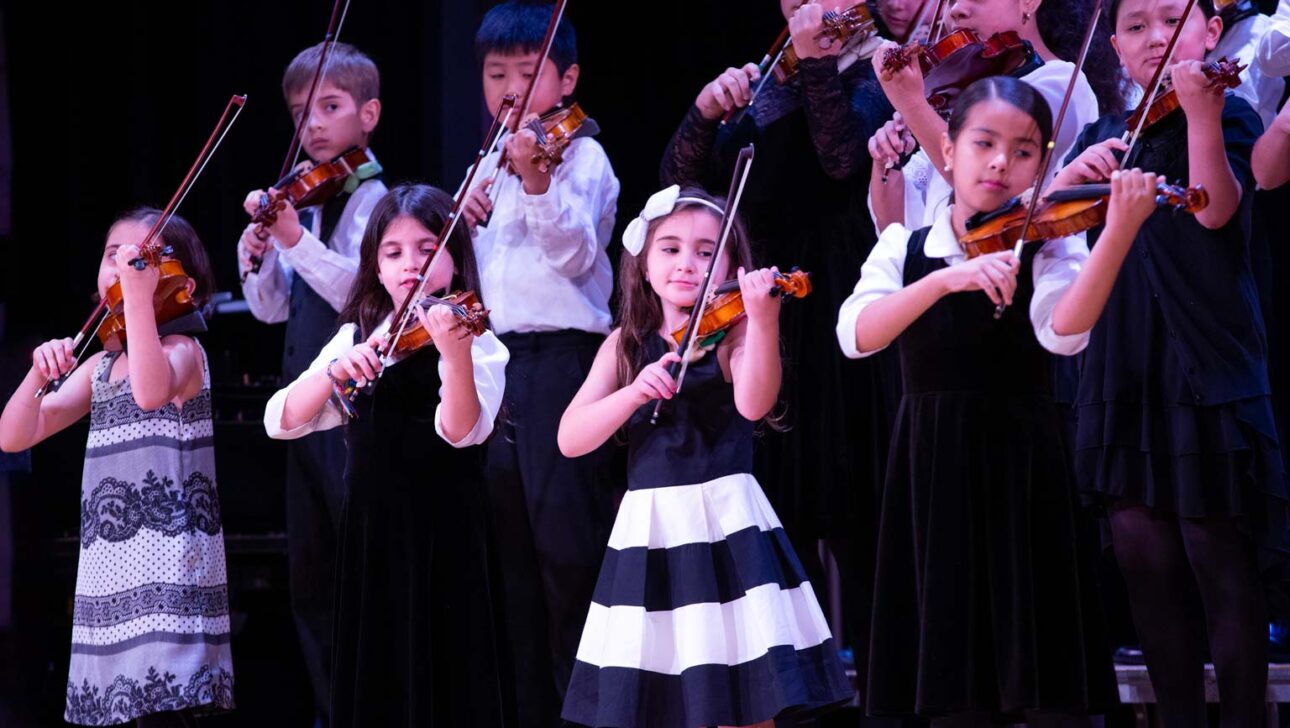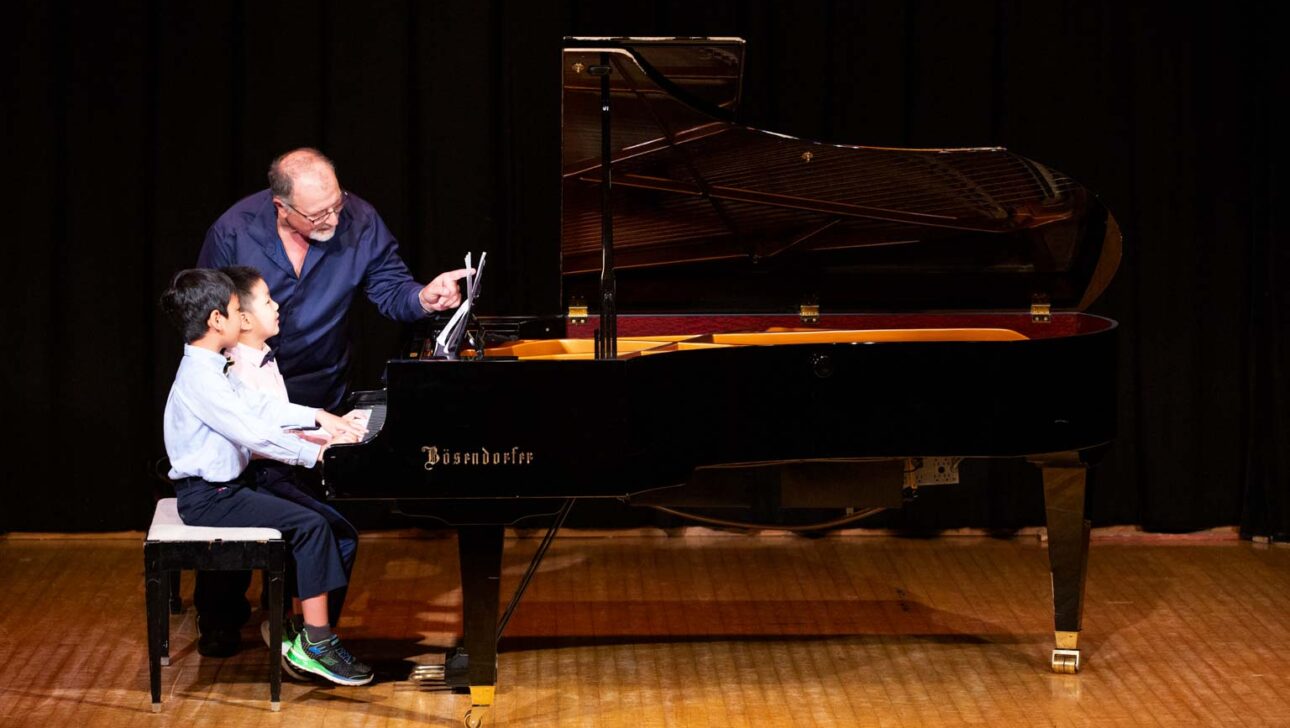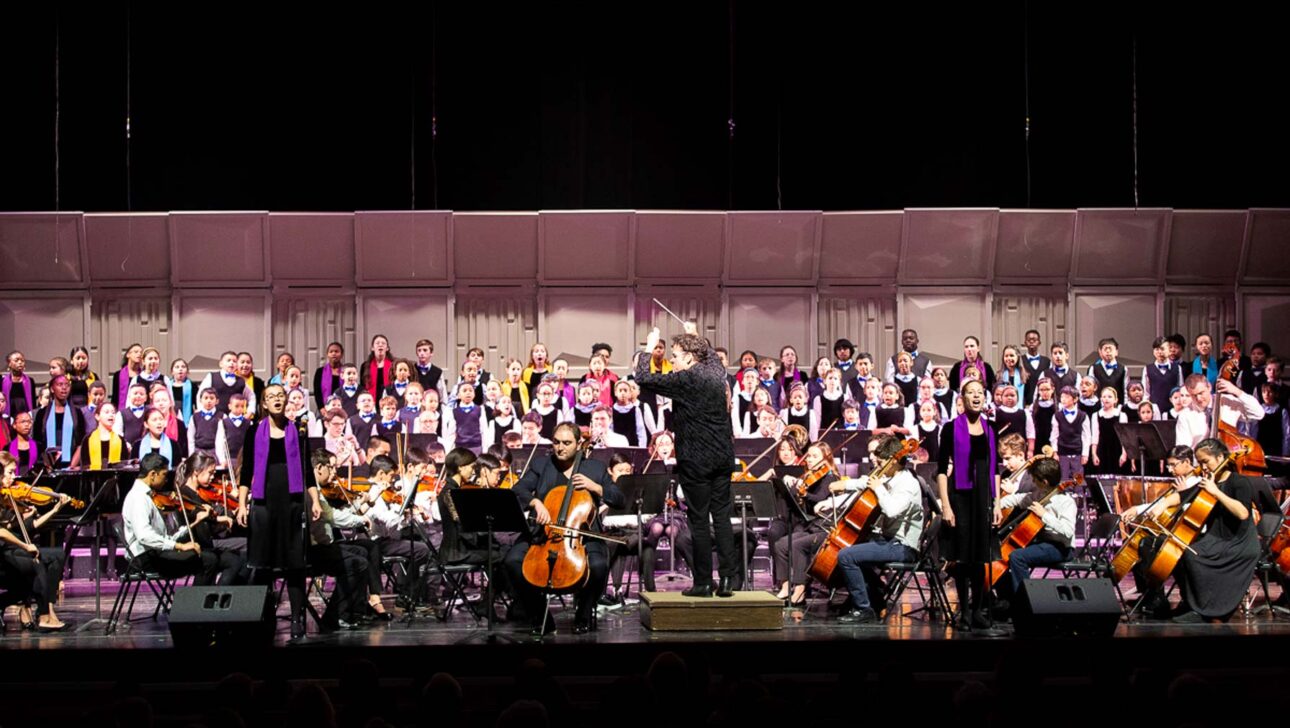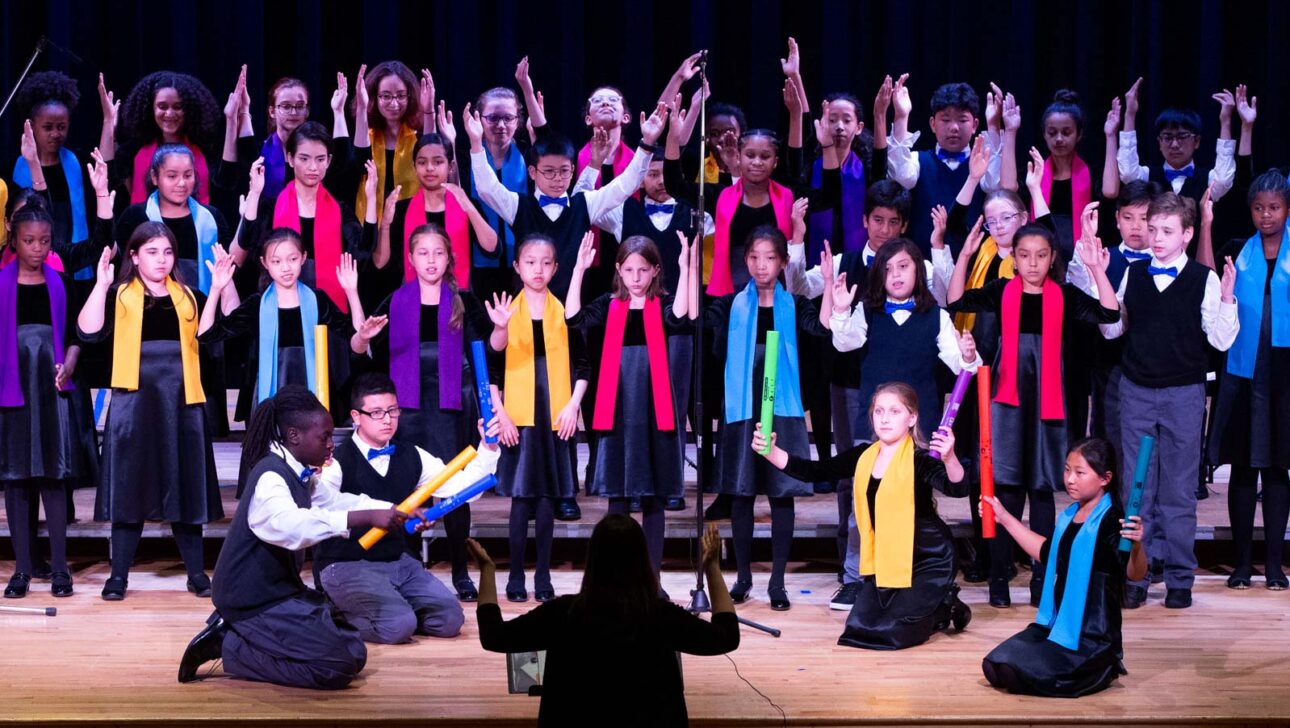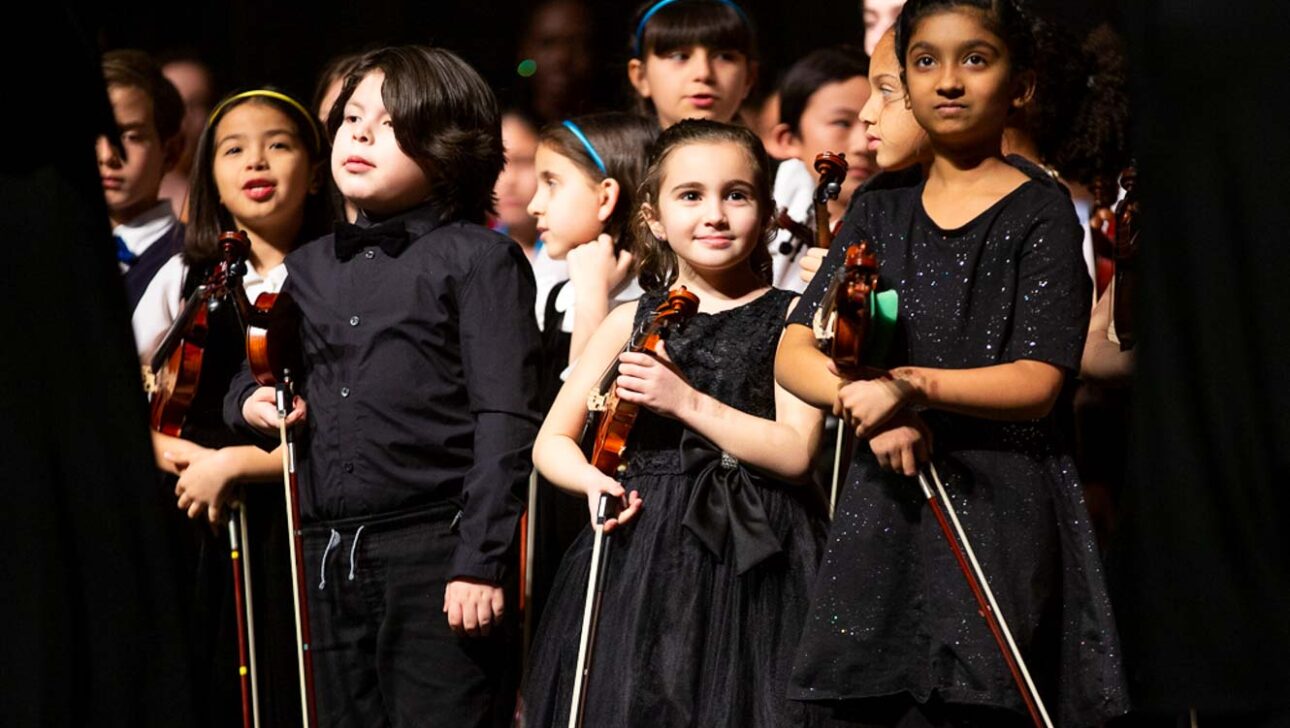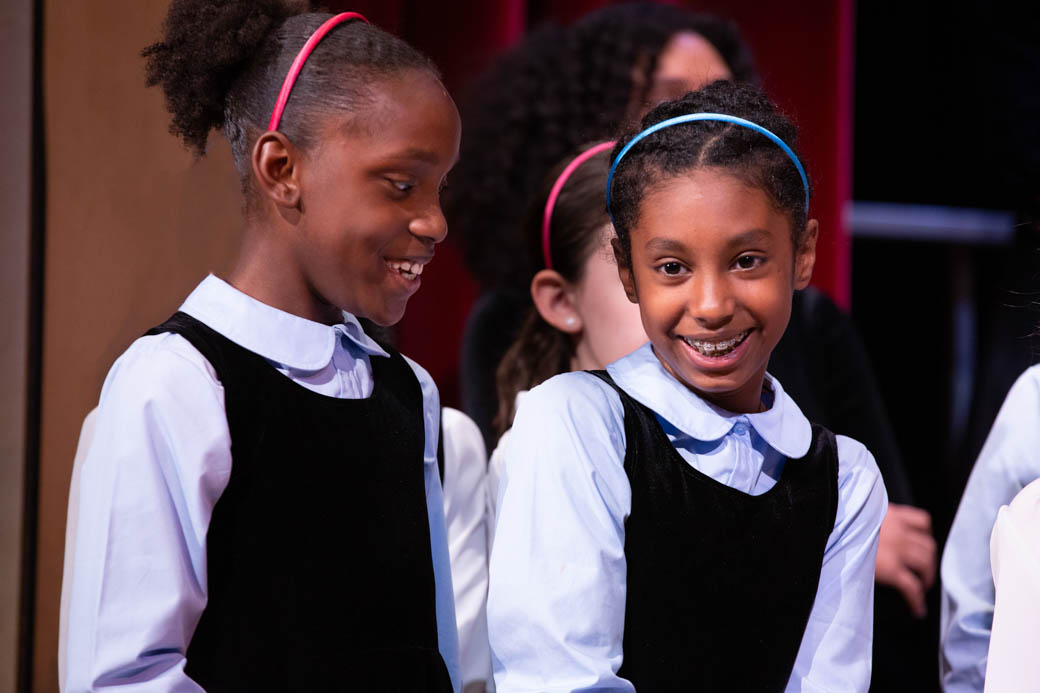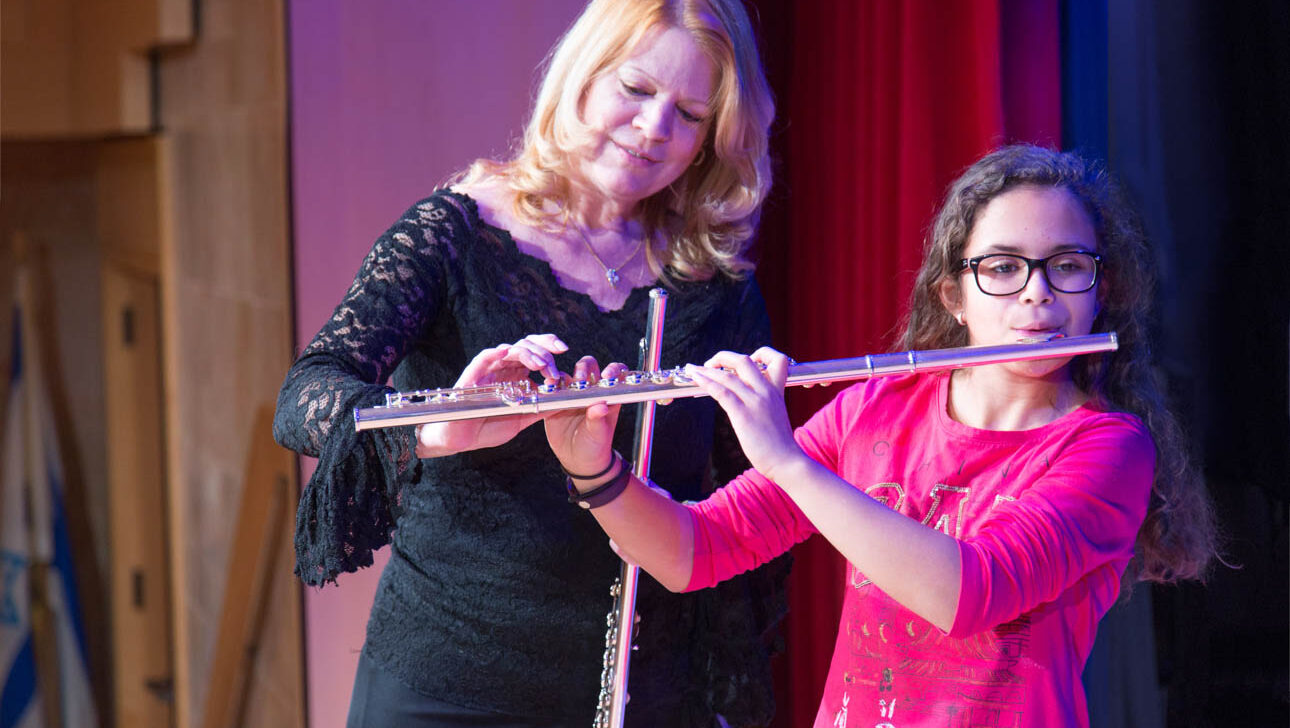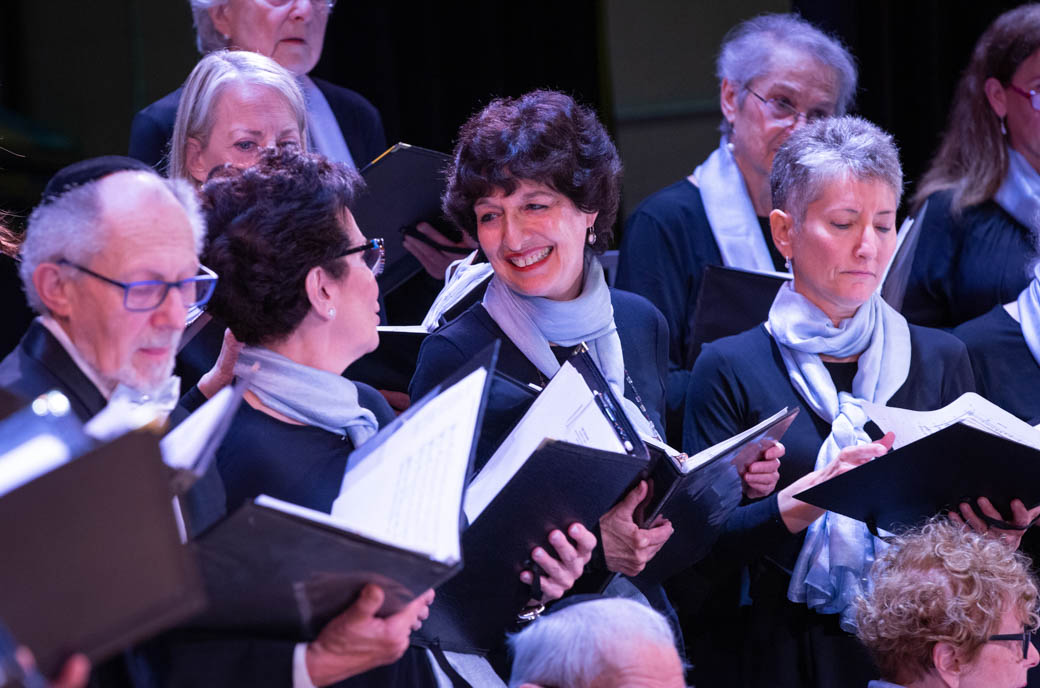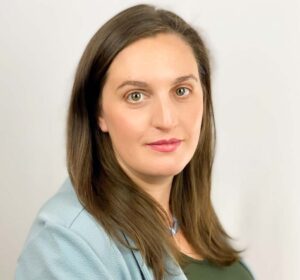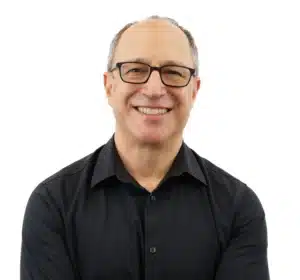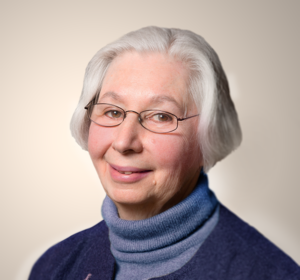Thurnauer School of Music
The JCC Thurnauer School of Music is renowned as a center of artistic and educational excellence open to all. Since 1984, the school has inspired thousands of students and families—transforming lives and sharing the joys of music. Through outstanding instruction, concerts, master classes, community events, and partnerships with local schools, Thurnauer offers opportunities for everyone in our community—from infants to senior citizens—to connect with the world of music.
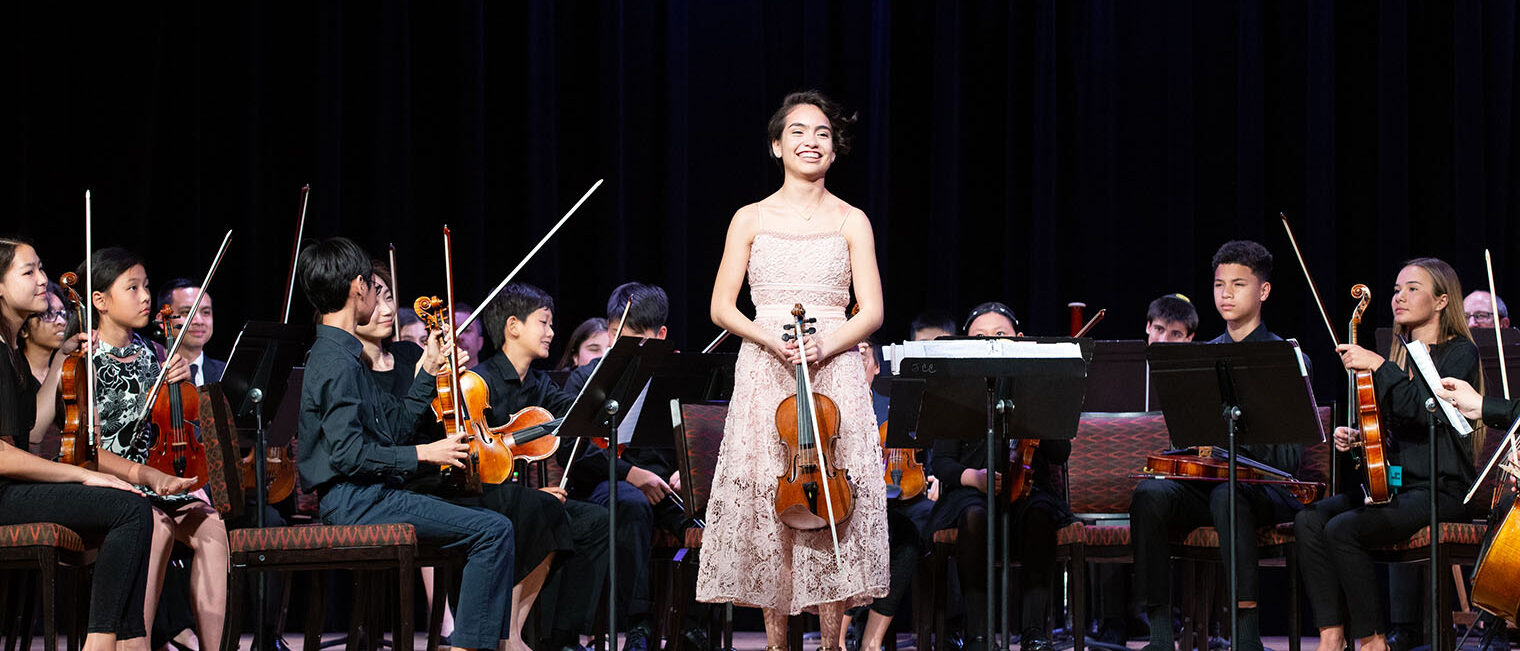
2023-24 Guide to Programs and Registration
Thurnauer Faculty
View Faculty HereThurnauer Music Education Resources
View Resources HereAbout Thurnauer
Welcome From the Director
It is my great pleasure to welcome you to the JCC Thurnauer School of Music, a place where people of all ages have been enjoying exciting music experiences for more than a quarter of a century.
As a music school student, you will meet special friends with whom you can share the pleasure of making music. There are opportunities to meet, talk with, and even make music with world-renowned artists like Itzhak Perlman, Pinchas Zukerman, Richard Goode, Wynton Marsalis, Paula Robison, Paquito D’Rivera, Joshua Bell, and Alan Gilbert. We also offer performance opportunities for you every month, both at the JCC and outside the school. Our students have performed with Whoopi Goldberg and Bob McGrath on Sesame Street, and have appeared at Lincoln Center, Carnegie Hall, Merkin Concert Hall, and bergenPAC. Music School alumni are aficianados and extraordinary performers, and all share a lifelong love for music that they credit to the their experience at the school.
For concertgoers, Thurnauer is a place where you can hear extraordinary performances from many of the greatest musicians in the world. Our Thurnauer Chamber Music Series shares its love of music with you through concerts presented in the intimacy of our beautiful Eric Brown Theater, including concerts that introduce music to the youngest children in a fun-filled, relaxed way. Our talented faculty enriches our lives with a marvelous annual recital series, and each year the Gift of Music Gala Benefit Concert brings a star of the international concert stage to our school.
At Thurnauer, our goal is to make music come alive for everyone in our community. It is all part of an environment in which we love to make music, listen to music, and be involved in music in every way. Each year brings exciting new initiatives to develop and nurture, and much to look forward to. I hope you and your family will join us in this inspiring and stimulating adventure.
Dorothy Kaplan Roffman, Founding Director
Financial Assistance
At the Thurnauer School of Music, we believe that every child deserves a quality music education. To make our program available to students from all socio-economic backgrounds, we offer financial assistance based solely on need. In fact, more than 25% of our students receive financial aid.
To apply, fill out this downloadable form and return it along with your most recent federal tax returns and a $60 registration fee per child. The fee is completely refundable if we are unable to provide assistance. Decisions are made by a committee of volunteers who consider applications anonymously.
Families must apply each year; financial assistance is not automatically renewable. The deadline for families who are currently enrolled in the school is May 15. Families who are new to the school may apply by August 15 for the second meeting of the scholarship committee, but are strongly encouraged to apply for the first round.
Recipients of financial aid are expected to attend all classes, lessons, and ensembles and to make a commitment towards musical progress, including consistent practicing.
Financial assistance is funded in two ways. The first is through annual contributions given to the school by individuals, businesses, foundations, and government agencies. Please consider making a contribution to help sustain our school. To do so, fill out our donation form, selecting “Thurnauer School of Music” for the impact area under “Additional Questions”.
The second is through income from endowments set up by generous benefactors throughout the years. The endowments include:
Russell Berrie and Family Music School Scholarship Fund
William Thurnauer Memorial Scholarship
Florence Gross Nelson Memorial Fund for Needy Immigrant Children
Handler Family Endowment Fund
Marion Cutler Endowment
Herbert Schwarz Music Scholarship Fund
Lee Starr Piano Scholarship
Lilo Thurnauer Memorial Scholarship Fund
Samuel & Anna Cutler Memorial Scholarship Fund
Seth Himmelhoch Guitar Scholarship
Lolita Mayadas Piano Scholarship
FAQs:
If the parents are divorced, do both parents need to submit applications and tax forms?
The application should be submitted by the custodial parent or guardian. If parents have joint custody, then both must submit an application.
Do you offer full scholarships?
We do not offer full scholarships. As part of the application, families are asked to state how much they can afford to pay. Our goal is to make music education affordable for every family.
When will I know whether I received an award?
The scholorship committee usually meets two – three weeks after the application deadline. Awards notifications are sent out a few days after the committee meets.
Can I apply in the middle of a school year?
In most years, our financial assistance budget is used up by the time the school year begins. However, we will consider offering some financial assistance mid-year on a case by case basis.
Administrative Staff
Dorothy Kaplan Roffman, Founding Director
Michael Reingold, Associate Director
Emma Brondolo, Artistic Director, Young People’s Chorus at Thurnauer, Director of Early Childhood Music and Voice Studies
Claire Park, Facilities Manager and Concerts Assistant
Dan Jatovsky, Financial Manager
Robyn Searles, Scheduling Director
Stuart Klinger, Scheduling Assistant
Lay Leadership
Music School Comittee
Vivian Holzer, Chair
James C. Ackerman
Mai Abe
Craig Barnett
Roberta Paula Books
Soojin Choung
Annick Des Roches
Claude Devillers
Sandra O. Gold
Jacqueline Guttman
Andrea Klein
Angelique Phillips
Eileen Pleva
David Siegel
Rebecca Soansalur
Advisory Committee
Bruce Adolphe
Joshua Bell
Angelica Berrie
Sandra O. Gold
Joan & Alan Handler
Eva Holzer
Susan Silberman
Parents Association
Mai Abe
Annick Desroches
Soojin Choung
Rebecca Soansalur
Calendars
Start and End Dates 2023-24*
| Day | Start | End |
| Sundays | Oct 15 | June 23 |
| Mondays | Oct 9 | June 17 |
| Tuesdays | Oct 10 | June 4 |
| Wednesdays | Oct 11 | June 5 |
| Thursdays | Oct 12 | June 6 |
Early Childhood music classes and Young People’s Chorus at Thurnauer rehearsals begin September 18
Scheduled School Closings*
| Holiday | Dates |
| Rosh Hashanah | Sep 15-7 |
| Yom Kippur | Sep 24-25 |
| Sukkot | Sep 29-Oct 1 |
| Shmini Atzeret and Simchat Torah | Oct 6-8 |
| Trick-or-Treating | Oct 31 |
| Thanksgiving Break | Nov 22-26 |
| Winter Break | Dec 24-31 |
| New Year’s Day | Jan 1 |
| MLK Jr Nat’l Holiday | Jan 15 |
| Presidents Week Break | Feb 19-23 |
| Purim Carnival | Mar 17 |
| Purim | Mar 24 |
| Easter | Mar 31 |
| Passover | April 22-30 |
| Mother’s Day/JCC Rubin Run | May 12 |
| Makeup Dates (if needed) | May 15, 23, 24 |
| Memorial Day Weekend | May 26-27 |
| Shavuot | June 11-13 |
*Subject to change
Volunteer at Thurnauer
At Thurnauer, we welcome volunteer support from parents, caregivers, alumni, and students for events, customer service, marketing, office work, and more throughout the year. Students may receive community service in return.
Volunteers help as Thurnauer Greeters during the opening days of the school year, as Thurnauer Ambassadors at community events such as the Instrument Petting Zoo and Tenafly Community Night, as Student Mentors, at student and professional concerts at the JCC and beyond, with a wide range of technical and professional services and more.
Volunteers’ help enables us to provide services to thousands of people in our community each year. Plus, it’s a fun way to meet others in the Thurnauer community. To sign up to help, please complete the Thurnauer Volunteer and Community Service Interest Form.
View our list of past Volunteers of the Year.
Please contact us at thurnauer@jccotp.org or 201.408.1466 if you have questions.
Testimonials
I would recommend the Thurnauer School of Music because it has a profound impact on a family. Wonderful relationship are established, not just with the private lesson teacher, but with other teachers in the school who are very warm and friendly and make learning music a joy. – Ximara P.
Congratulations on the incredible work that you do helping kids achieve a solid music education. It’s always glorious to hear children performing on such a high artistic level. – Bob “Mr. Bob from Sesame Street” McGrath
I love the philosophy of the Thurnauer School of Music, the extremely accomplished teachers, and the programs and recitals, which are a constant part of the music experience. I truly believe this music experience has, and will continue to, carry over and influence all the other aspects of my children’s lives in positive, creative, and meaningful ways. – Music School parent
There is nothing that can compare to the generosity and love that the Thurnauer School of Music gave me since I was 4 years old. It is more than a home to me, and I am so happy and excited for all of the students who are so lucky to have the best teachers and environment to nurture their love for music. – cellist Chase Park, alum, graduate of the Curtis Institute of Music and current graduate student at The Juilliard School
The quality of the students that are turned out can go to the best conservatories in the country. The teachers are the highest level you can get on the East Coast, which is saying a lot. – Bruce Adolphe, composer, educator, author, and resident lecturer and director of family concerts for the Chamber Music Society of Lincoln Center
The Thurnauers: A Legacy in Music
William Thurnauer, who passed away in March 2006 at the age of 92, was the Music School’s beloved benefactor and friend for over twenty years. He began his acquaintance with the school in the 1980’s, when his late wife, Maria, began taking many of the tender photographs of our students that still hang in the halls. In 1987, their lifetime dedication to music led Bill and Maria to endow the JCC Music School that bears their name. Bill was a loving presence at the school, first with Maria and, more recently, with his second wife, Lilo.
William Thurnauer was a president of the North Jersey Cultural Council and the Teaneck Symphony Society (later the Bergen Philharmonic Orchestra), and on the boards of the International Society of Performing Arts Administrators and the Pro Arte Chorale. Maria, who passed away in 1999, was founder and director of the Friends of Music, which provided free chamber music concerts in this area when it was still viewed by many as a “cultural wasteland.” Bill and Maria brought many world-famous artists to Bergen County, for which they were honored by the International Society of Performing Arts Administrators.
Lilo Thurnauer, to whom Bill was married for the last several years of his life, continued to express her love for the Music School in many ways, including the establishment of a Scholarship Endowment in Bill’s memory. Her devotion to the school and desire to preserve the Thurnauer legacy are characterized by her consistent interest in our activities and ongoing support in so many ways.
Thanks to Bill, Maria, and Lilo, students of all ages and backgrounds have an opportunity to receive the education essential to a lifelong understanding and enjoyment of music. The contribution of these three individuals to the life of the music school has been immeasurable: encouraging new initiatives, lending their time and talents to a wide range of projects, and being a visible presence at the School’s many events over the years. Everyone who passes through the doors of the Thurnauer School of Music is a beneficiary of all that the Thurnauers have given to us, for which we are truly grateful.
Contact Thurnauer
To get more information or schedule a visit, click below.
Meet the Team
See All JCC Staff
